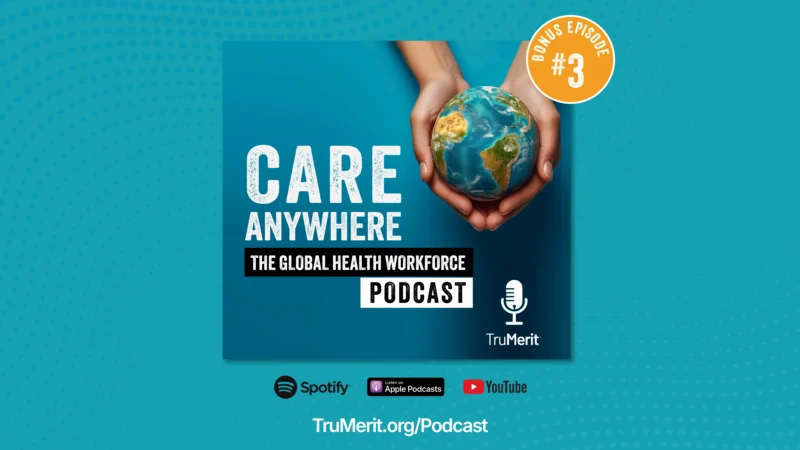The Centers for Medicare and Medicaid Services (CMS) will soon publish a list of Birthing-Friendly Hospitals
The Centers for Medicare and Medicaid Services (CMS) will soon publish a list of Birthing-Friendly Hospitals. Many insurance providers have pledged to share this information with policyholders. Melanie Musson, an insurance expert with USInsuranceAgents.com, says, “Insurance companies should reevaluate their coverage of birthing supports to improve outcomes and save money.”
According to the U.S. Department of Health and Human Services, The Centers for Medicare & Medicaid Services (CMS) announced that they will be publishing a list of Birthing Friendly Hospitals in the fall of 2023.
This designation is part of a greater initiative to address maternal morbidity as well as equity in care and treatment for birthing mothers and babies. Maternal mortality is one area that the U.S. health care system that falls short compared to other healthcare systems around the world.
Insurance Provider Response
Immediately following CMS’s report, over 25 health insurance providers announced that they would include the birth-friendly hospital designation in their care providers lists.
Including a designation in a list may not seem like a big step, but it proves that insurance providers are paying attention to this information and they’re showing their support. If CMS is putting an emphasis on maternal health, insurance providers need to recognize the importance.
Before parents can worry about life insurance for their babies, they should have a safe and healthy birthing experience.
Insurance Provider Planning
Insurance providers have a lot of freedom when developing their policies and choosing what to cover. The Affordable Care Act (ACA) demands some types of coverage, but a lot is left to the discretion of the insurance company.
CMS will likely also be promoting programs that would provide 12 months of post-partum follow-up care. And insurance providers should respond to this by analyzing the benefit of extended postpartum care.
Preventative care tends to cost less than responsive care. So, if extended postpartum health care improves maternal and infant health, insurance providers could improve their bottom line by offering similar coverage to that proposed by Medicaid.
Another component being studied and proposed to be included in future CMS updates is birth doula coverage. Most health insurance plans do not cover the cost to have a birth doula, but CMS has indicated that doula assistance is associated with better outcomes for both mothers and babies.
Insurance providers should also consider the merit of doulas and analyze the cost of covering doula services with the savings associated with doula-assisted births.
Insurance providers must continually research how coverage can improve outcomes and lower costs, and CMS’s announcement should spur them to review coverage surrounding birth.
Article by Melanie Musson








